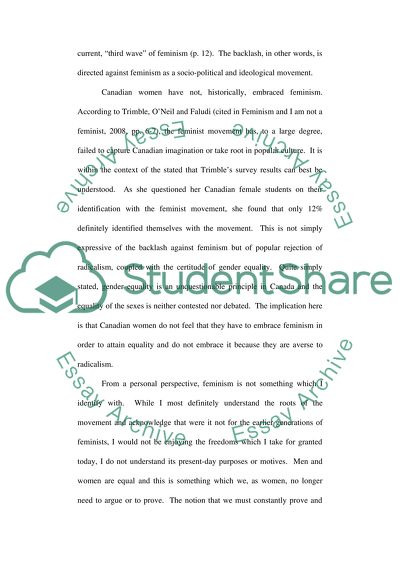Cite this document
(“Backlash Against the Feminist Movement Essay Example | Topics and Well Written Essays - 1500 words”, n.d.)
Retrieved from https://studentshare.org/miscellaneous/1499711-backlash-against-the-feminist-movement
Retrieved from https://studentshare.org/miscellaneous/1499711-backlash-against-the-feminist-movement
(Backlash Against the Feminist Movement Essay Example | Topics and Well Written Essays - 1500 Words)
https://studentshare.org/miscellaneous/1499711-backlash-against-the-feminist-movement.
https://studentshare.org/miscellaneous/1499711-backlash-against-the-feminist-movement.
“Backlash Against the Feminist Movement Essay Example | Topics and Well Written Essays - 1500 Words”, n.d. https://studentshare.org/miscellaneous/1499711-backlash-against-the-feminist-movement.


